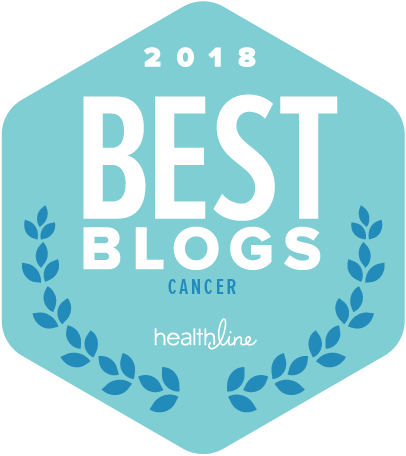Triple-negative breast cancer (TNBC) is a type of breast cancer that does not have any of the receptors that are commonly found in other types of breast cancer. It is estrogen receptor-negative, progesterone receptor-negative, and HER2-negative. Every cancer diagnosis is unique, but in general, triple-negative breast cancer is a more aggressive type of tumor with a faster growth rate, higher risk of metastasis, and recurrence risk.
How is triple-negative breast cancer diagnosed?
Triple-negative breast cancer accounts for about 10% to 20% of all breast cancer cases. TNBC tends to be more advanced when diagnosed and more aggressive than ER-/PR-positive cancers; disproportionately affects Black and Hispanic women as well as younger women; and is the most commonly diagnosed breast cancer in women with inherited mutations in the BRCA1 gene.
It’s important for women of any age to be familiar with their breasts so they can spot any changes, such as a hard lump. The signs and symptoms of triple-negative (and other types of) breast cancer may include:
- Breast swelling
- Swelling or a lump under the arm or on the collarbone
- Dimpling of the skin, sometimes reminiscent of an orange peel
- Discharge from a nipple
- A nipple that turns inward
- Skin changes on the breast or nipple, including redness, dryness, thickening or flaking
Often, breast cancer is detected before any symptoms are noticeable.
How is triple-negative breast cancer treated?
Triple-negative breast cancer is often very sensitive to chemotherapy. Chemotherapy is an effective treatment that can save lives. Because this is an aggressive cancer, treatment is aggressive also.
Chemotherapy may be given before or after surgery. Your doctor can use chemo in one of three ways:
- Neoadjuvant therapy is provided before surgery to shrink the tumor and make the operation more effective. That makes it the preferred approach if you have locally advanced breast cancer but your doctor doesn’t think they can operate yet, or if your cancer makes it unlikely that your breast can be saved.
- Adjuvant therapy is used after surgery. Adjuvant therapy may be provided if you have a large tumor or if lymph nodes are involved. If lymph nodes are involved, you may be more at risk for recurrence. Other types of adjuvant therapy, like hormone treatments, are not effective with triple-negative breast cancer.
- Immunotherapy is used along with chemo in cases where the cancer has spread and surgery is not an option.
Surgery for triple-negative breast cancer does not always have to be a mastectomy. If the tumor is small enough after chemo, outpatient procedures or a lumpectomy may be possible.
You do not have to have a mastectomy just because you have triple-negative breast cancer. Your surgeon should explain which surgery you need and the reasons why. In many cases, lumpectomy and mastectomy work equally well. If you have a choice, know that studies show lumpectomy followed by radiation therapy works as well as mastectomy in treating breast cancers similar to yours.
Post-treatment:
Medicines like tamoxifen, which targets the estrogen receptor, and trastuzumab (Herceptin), which targets HER2, are not helpful in treating triple-negative breast cancer. Instead, chemotherapy has been shown to be the most effective treatment for triple-negative breast cancer.
- Newer medicines called poly (ADP-ribose) polymerase inhibitors or PARP inhibitors can destroy cancer cells and are now FDA-approved to treat triple-negative breast cancer in some people.
- Immunotherapy helps your body see the malignant cells as harmful invaders so your immune system can fight the cancer. Though not usually a first-line treatment for this type of cancer, immunotherapy can help certain patients in very specific situations, Sun notes.
With triple-negative breast cancer, the risk of the breast cancer coming back outside the breast is strongest in the first 5 years after your diagnosis.
No one should have to face their breast/chest cancer alone. We have supportive resources to be with you every step of the way.
- Call our Breast Cancer Helpline at 844-272-7427 (also available in Spanish).
- Join any of our virtual support groups and see what days/times work best for you.
- Register for our current educational programs and catch up on previous programs.
- Listen to Our BC Life podcast to hear survivor stories that will help you feel less alone, informed, and hopeful.
Click here for more resources.
Citations:


